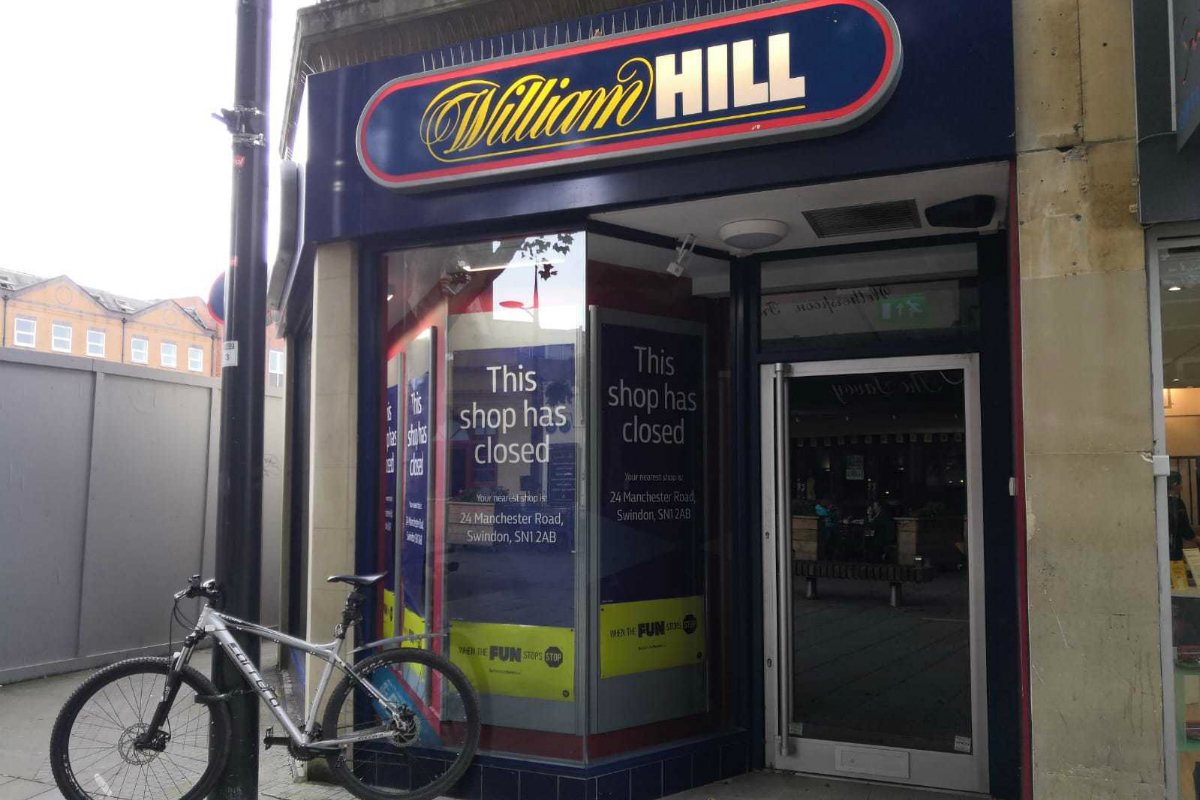UK Gaming Industry Rebuffs Calls for Online Gamblers to Prove They Can Afford Losses
Posted on: August 5, 2020, 09:54h.
Last updated on: August 5, 2020, 01:51h.
The gaming industry in the United Kingdom is rejecting calls from a British public policy group that wants online gamblers to prove they can afford their losses.

The Social Market Foundation, one of the most respected public policy think tanks in Britain, issued a report this week with numerous suggestions to overhaul the UK online gaming industry.
Most noteworthy is the group’s call to place a £100 ($131 USD) per month soft cap on online losses. Anyone who loses more than that amount, should UK lawmakers adopt Social Market’s recommendations, would be probed by an independent gambling ombudsman.
Industry leaders were quick to respond to such a notion.
“We disagree with the suggestion of an arbitrary and random low cap on spending, and can think of no other area of the economy where the government determines how much an individual can spend,” read a statement from the Betting and Gaming Council (BGC). “Some 30 million people enjoy an occasional bet, whether that’s on the lottery, bingo, or sports and gaming, and the overwhelming majority of them do so perfectly safely.”
Problem Gaming Low
The £2 ($2.63 USD) maximum stake on fixed-odds betting terminals (FOBTs) went into effect last year. Previously, the max bet was £100.
In July of 2019, William Hill said the FOBT reduction would result in the gaming giant closing 700 of its retail betting shops, which led to thousands of job losses. Unlike brick-and-mortar FOBTs, licensed online gaming networks have no limit on the amount a player can wager.
The gaming industry says further restrictions will lead to further job cuts and reduced tax revenue.
Measures must be proportionate, evidence-led, and fully thought through so as not to jeopardize the 100,000 jobs the industry supports or the over £3 billion in tax revenues it generates,” said the BGC.
The BGC contends that there’s no evidence there’s been a rise in problem gambling, and levels have remained stagnant at around 0.7 percent for almost two decades. The group believes a monthly cap on how much a player can lose will drive gamblers to offshore online betting networks.
Sign of Approval
The council, however, did embrace certain parts of the Social Market report. The BGC said it, too, supports the UK developing a service quality trade mark — known as a kitemark — that is issued to online gaming firms that have proven to uphold regulatory standards.
“We welcome the important acknowledgment that our members have taken action to drive higher standards,” the release continued. “We fully endorse the concept of a British gambling kitemark as a sign of operators’ commitment to fairness, quality and integrity and the BGC would welcome the opportunity to lead on the development of this concept.”
Such kitemarks already exist. The bottom of Casino.org shows several leading independent review agencies, including eCOGRA, a testing agency and player protection standards organization.
Last Comments ( 2 )
I'm 100% sure that having a cap of £100 a month to spend on gambling would help a lot for problem gamblers that's estimated 1.7 million people in uk. And I don't believe that gambling industry saying is no problem and is no increase in people having a problem. Gambling is a disease and it needs to be controlled by the government to help this vulnerable people that needs help. Not enough support for people that wrecking they life's by loosing everything in they life. And finally man's suicide might go down if government put a cap on gambling.
interesting